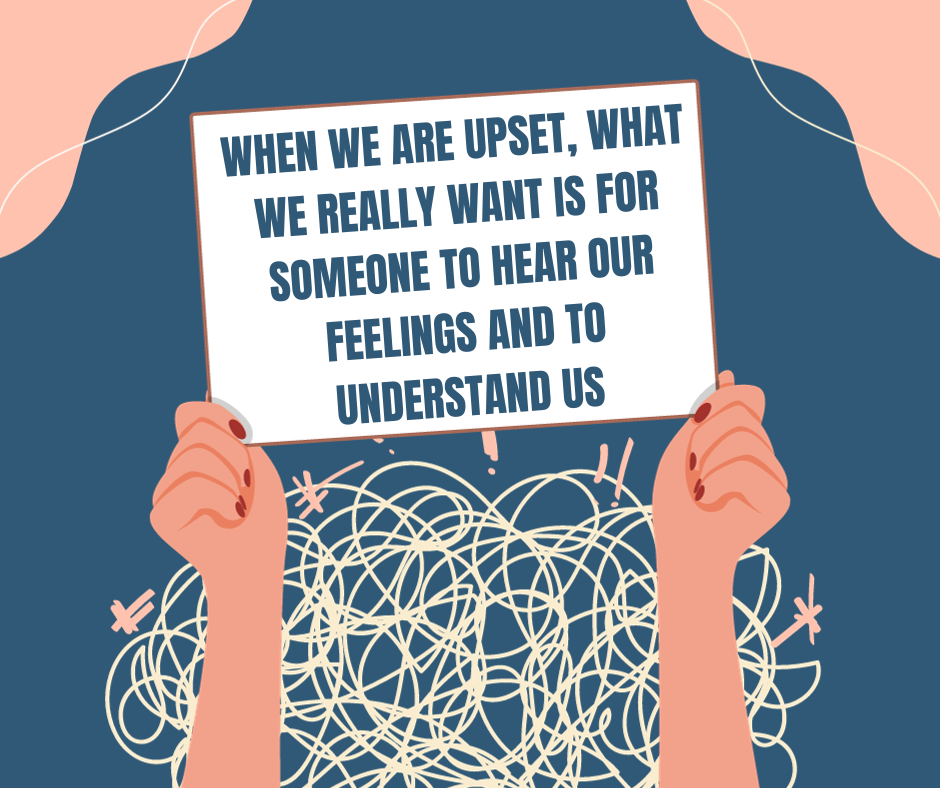
The key to being able to support the emotional wellbeing and mental health of children is the ability to build a strong, trusting relationship. Certain skills are needed to help establish and maintain this relationship and so that a child feels heard and understood. This sprint gives you some time to reflect on your own skillset and think about areas where you would like to develop.
Our starting point is this quiz to help you gain further insight into your own communication skills.

Stop and Reflect:
How Good Are Your Communication Skills?
Take some time to complete this quiz and reflect on what your areas of strength and weakness are when it comes to communication. Learning the skills you need to communicate effectively will make a big impact on how much you are able to promote good mental health in children & young people
It’s easy to define ourselves as a good listener but actually spend a lot of the time thinking about what we are going to say next rather than actually listening to what the person is sharing. Children and young people need adults in their lives who will truly listen. This in itself will help promote good mental health. Watch the video below to pick up some listening tips:
Read Key Counselling Skills Explained and think about how these ideas might help inform our approach to supporting children and young people.

Apply Your Thinking:
Alice Stott outlines 4 different areas where you can focus on developing skills:
- Physical: Use of body language, facial expressions, and voice.
- Linguistic: Use of language, including understanding of formality and rhetorical devices.
- Cognitive: The content of speech and the ability to build on, challenge, question, and summarise others’ ideas.
- Social and emotional: How well a speaker listens, includes others, and responds to their audience (Stott, 2018)
- At the end of this sprint you should have gained further insight into your communication skills. What particular area might need development?
- You could begin to practice the ‘art of listening’ and next time you have a conversation be mindful of the skills you have learnt in this sprint. Just be curious around how this might change communication and your ability to support others.






